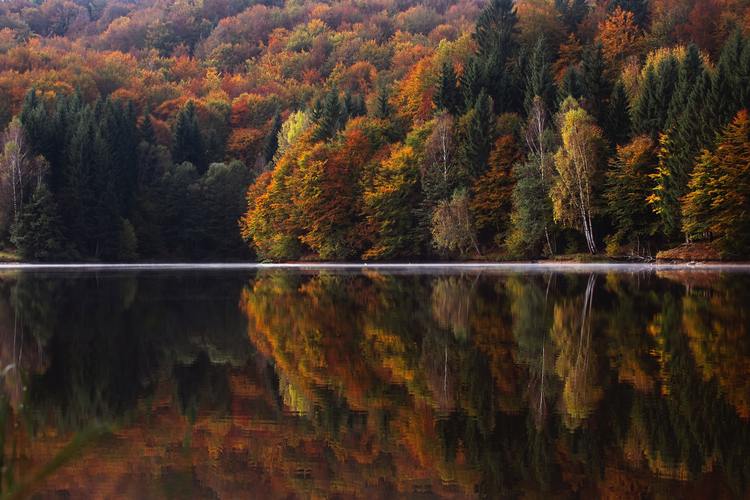Exploring the Richness of Cultural Values in Nigeria: Insights from Local Communities
Nigeria is a diverse country with over 250 ethnic groups, each with unique cultural values and traditions. From the Yoruba to the Hausa, Igbo, Fulani, and more, Nigeria’s cultural landscape is as rich as it is vast.
Exploring the richness of cultural values in Nigeria, it’s crucial to understand the diverse beliefs, customs, and traditions that shape the country’s identity. These values are deeply embedded in the fabric of society and are passed down from generation to generation.
One of the most visible displays of Nigeria’s cultural values is through its festivals. Nigeria has several festivals, each with a unique significance and cultural value. From the Durbar festival in the North to the Eyo festival in the South, these festivals showcase the diversity of Nigeria’s cultural heritage.
The Durbar festival is a celebration of horsemanship and military prowess in the North. The festival features parades of beautifully adorned horses and colorful displays of culture and tradition. The Eyo festival, on the other hand, is a Yoruba cultural festival celebrated in Lagos. This festival is a display of the city’s rich cultural history, with participants dressed in white robes and adorned with colorful hats and beads.
Aside from festivals, Nigeria’s cultural values are evident in its art, music, and dance. Nigeria’s music scene is dominated by afrobeat, a genre that fuses traditional African rhythms and Western music. The music celebrates Nigeria’s cultural heritage, with artists like Fela Kuti and Burna Boy using their music to address social and political issues in the country.
Nigeria’s art scene is also diverse, with traditional forms of art like pottery, carving, and weaving showcasing the country’s cultural heritage. Contemporary artists like Njideka Akunyili Crosby and Victor Ehikhamenor are also using their art to explore issues of identity and culture in Nigeria.
In conclusion, exploring the richness of cultural values in Nigeria provides insights into the country’s diverse cultural heritage. From festivals to art, music, and dance, Nigeria’s cultural landscape is as vast as its ethnic diversity. As the country continues to evolve, it’s crucial to preserve and celebrate its cultural heritage and values. This is essential in fostering a sense of national identity and unity, while also promoting cultural exchange and understanding both within and outside the country.
(Note: Do you have knowledge or insights to share? Unlock new opportunities and expand your reach by joining our authors team. Click Registration to join us and share your expertise with our readers.)
Speech tips:
Please note that any statements involving politics will not be approved.
